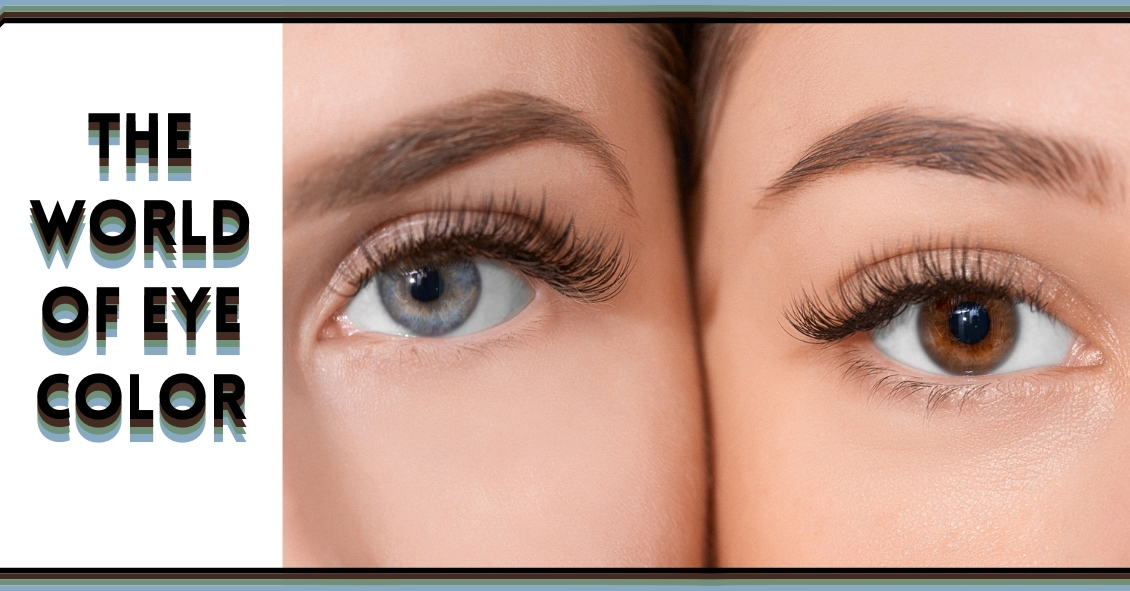Blog

What's one of the most common questions people ask when a baby is born? "WHAT COLOR ARE HIS EYES?” is usually right up there.
What makes the color of our eyes appear as they do? What role do genetics play? What if you don’t like your eye color--can you change it? Are there any medications that can change eye color? Get ready to explore the science behind eye color by starting at the beginning.......
Baby’s eye color can change. A baby can start out with blue eyes, for example, that change to brown as she ages. It’s all dependent on a brown pigment called melanin which develops as a child grows. The more melanin present, the darker the eye color. Brown eyes have the most pigment saturation, green/hazel eyes have less melanin, and blue eyes have the least pigment. The color of eyes is dependent upon genetics. Genetics are complicated, but generally speaking brown trumps blue if there is a brown-eyed parent. This is because darker pigment is the dominant trait in genetics. This...

The retina is the nerve tissue that lines the inside back wall of your eye. Light travels through the pupil and lens and is focused on the retina, where it is converted into a neural impulse and transmitted to the brain. If there is a break in the retina, fluid can track underneath the retina and separate it from the eye wall. Depending on the location and degree of retinal detachment, there can be very serious vision loss.
Symptoms
The three 3 F’s are the most common symptoms of a retinal detachment:
-
Flashes: Flashing lights that are usually seen in peripheral (side) vision.
-
Floaters: Hundreds of dark spots that persist in the center of vision.
-
Field cut: Curtain or shadow that usually starts in peripheral vision that may move to involve the center of vision.
Causes
Retinal detachments can be broadly divided into three categories depending on the cause of the detachment:
1. Rhegmatogenous retinal detachments: Rhegmatogenous means...
Read more: Retinal Detachment - Symptoms, Causes, and Treatment


